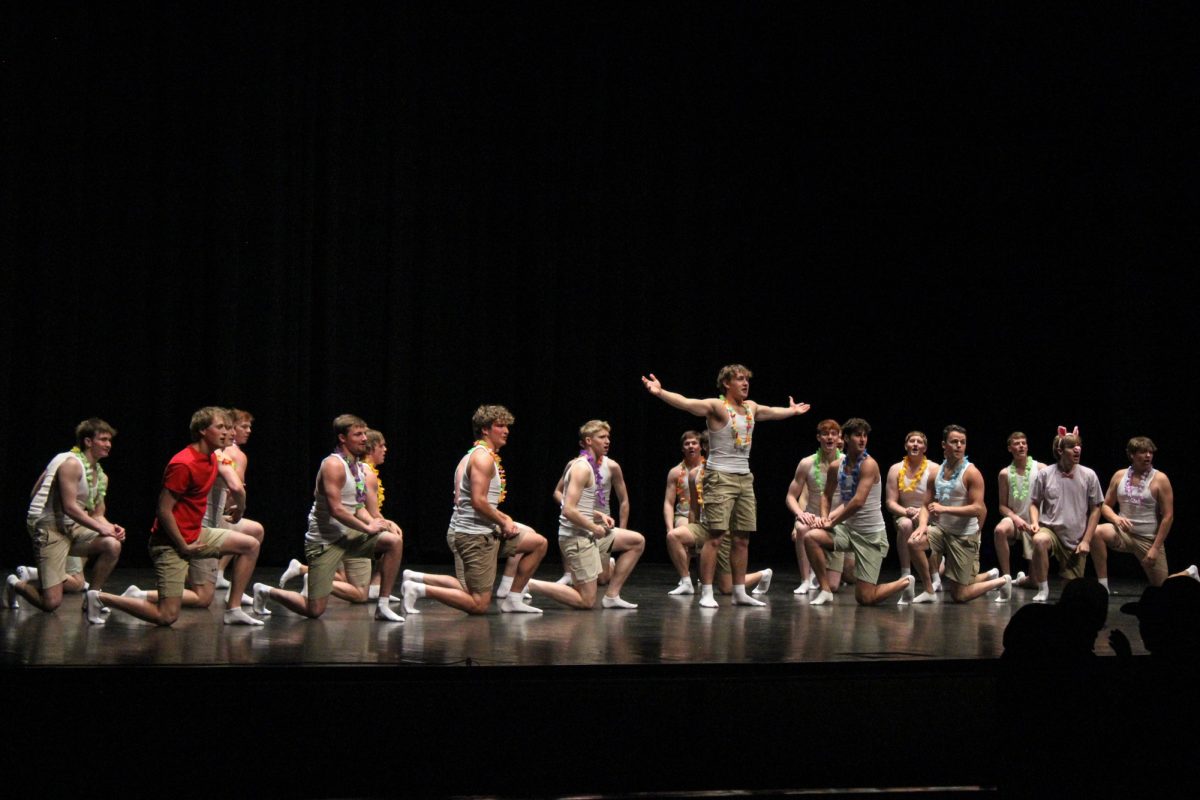Why students depend on the First Amendment
April 12, 2011
Frank LoMonte spoke Thursday on behalf of the First Amendment and why it is so vital to students, in particular.
LoMonte is the executive director of the Student Press Law Center and earned his law degree at the University of Georgia School of Law.
The Student Press Law Center began in 1974, serving as a source of research as well as an emergency resource if people’s rights are not being met and are determined to reduce censorship in student newspapers.
Dealing mostly with high school students, SPLC receives around 500 calls a year dealing with censorship issues concerning high school newspapers.
LoMonte said when he visits high school students and asks how many have been affected by censorship, about 90 percent of students raise their hands. However, those 90 percent did not report the issue, therefore it is neither recorded nor dealt with.
“Many stories end with a fizzle and not with a bang,” LoMonte said about many censorship issues.
However, the state of Iowa is one of the few states that feels that students deserve more than most schools allow.
“Iowa is one of eight in the country that has given more than the bare minimum of the First Amendment,” LoMonte said.
LoMonte discussed the Tinker v. Des Moines School District case. In 1969, students in Des Moines wore anti-war arm bands protesting the Vietnam War and were subsequently punished.
Later it was published in the Des Moines Register, acknowledging that the school was in the wrong.
“It’s essential to the development of a society,” LoMonte said about the use of the First Amendment.
However, in the Hazelwood v. Kuhlmeier case it essentially reversed the ruling of the Tinker case. The Hazelwood case essentially said students do not have the same First Amendment rights in the classroom as they do in society.
“This says, ‘Schools, you win, students, you lose,'” LoMonte said.
Iowa had this right restored by the Iowa Student Free Expression Law, which is often referred to as an anti-Hazelwood law.
While the Iowa Student Free Expression Law helps in high schools, it isn’t the “be all, end all” of censorship issues, not only for high school students, but college students as well.
“It’s sneaking under that fence,” LoMonte said.
LoMonte spoke to the audience about the possible issues that may make their way to college campuses.
“It’s slowly gaining on [students’] rights by a law that was made for 14 year olds. The river has overflowed,” LoMonte said, using the metaphor to illustrate the misuse of the Hazelwood case.
The issue of Hazelwood has caused what LoMonte referred to as “battered journalist syndrome.” Making the connection to battered spouse syndrome, journalists no longer have to be hit by censorship issues anymore; the threat is becoming enough.
Mark Witherspoon, editorial adviser for the Iowa State Daily, asked what that gets the journalism industry today.
“It gets lazy, complacent journalism that are basically just rewrites of press releases,” LoMonte said.
“You’re not playing against the house, you’re playing against loaded dice and you’re never going to win,” LoMonte said about students’ chances in censorship cases.
LoMonte said this needs to change because even if someone wins in court, he or she still loses, which moves nothing forward.
“We have to change the dialogue,” LoMonte said.






